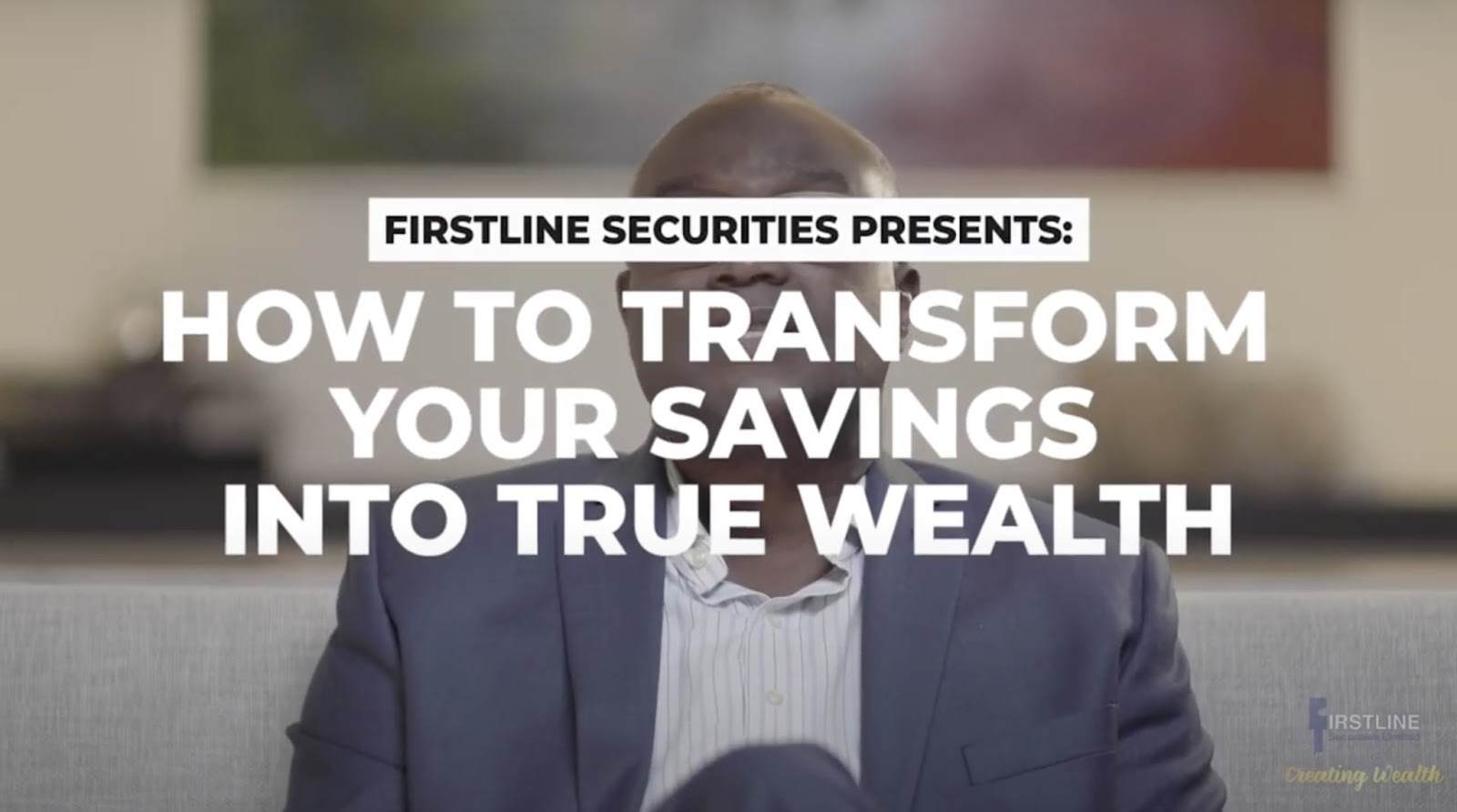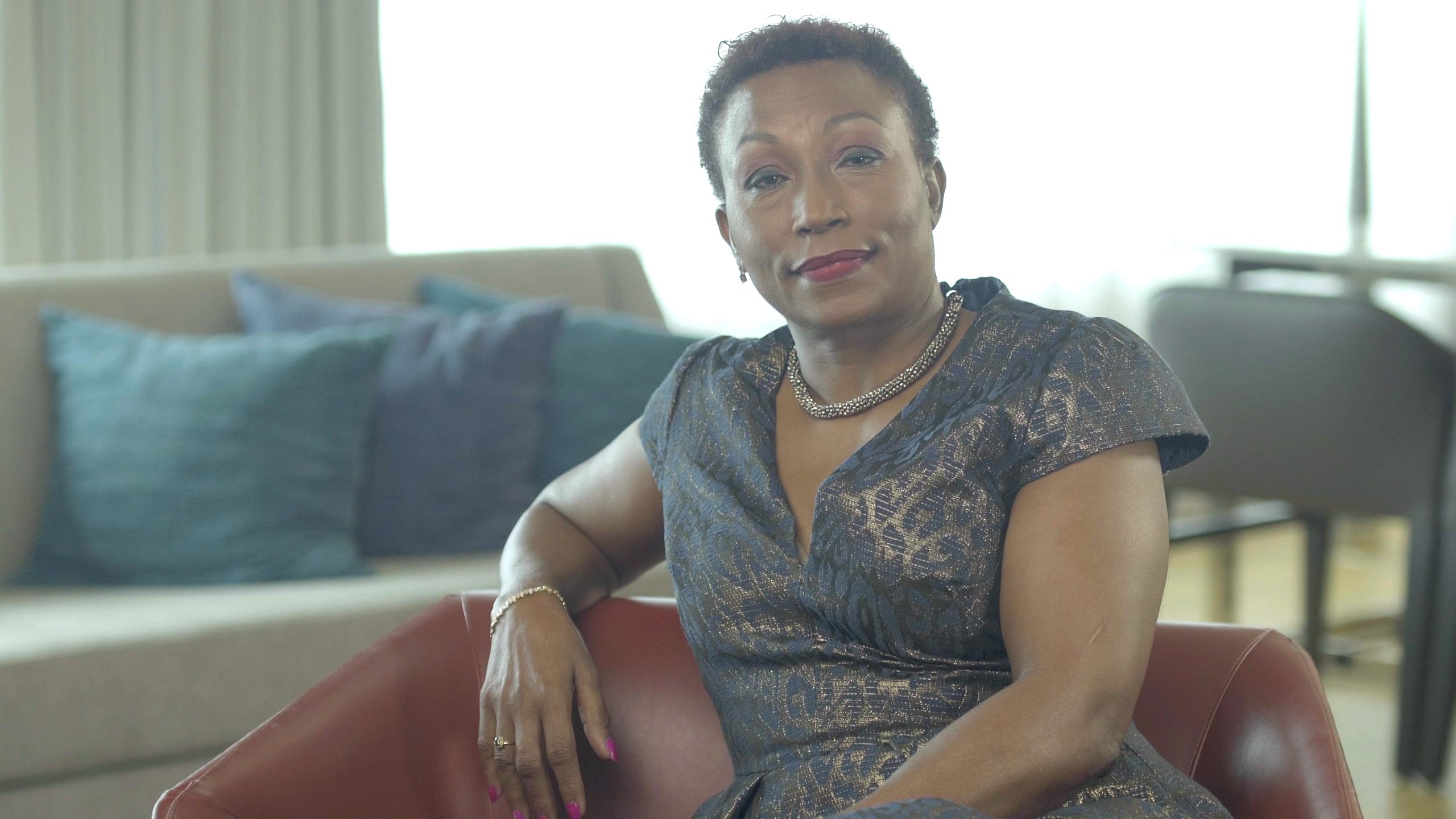Today’s blog dives into the financial tips that our Chairman, Keith M. King, gave on a radio interview on Friday 19th March, 2021.
This article is a 7 min read with a 2 hour long video of the interview included.

Today’s blog dives into the financial tips that our Chairman, Keith M. King, gave on a radio interview on Friday 19th March, 2021.
This article is a 7 min read with a 2 hour long video of the interview included.
This past Friday, our Chairman and Founder Keith M. King was interviewed by John Gill about various financial topics at the i95.5 fm radio studios.
You can watch the interview below, however, as it lasted close to two hours (lots to say!) we asked Keith what message he wanted to drive home to the audience, and these are his takeaways:

New investors, you can start small by investing in equity mutual funds or fixed income funds and then graduating to other types of investments as your capital sum is built up. You can also go directly to the stock market and add shares as time goes on.

In just 3 days, you can have all the tools you need to transform your current savings into true wealth – forever.
We are a financial services firm based in Trinidad & Tobago, and do you know what our most commonly asked question is? It’s “How do I make more money?”
Well, now we’ve answered it.
To get the answer, simply put in your name and email address below, and over the next three days, open the three emails we will send you.
Those three emails can change everything.
Put in your email, and let’s begin.

Savings deposits, while perceived to be risk-free, will never make you rich or even comfortable as inflation eats away its value due to the very low returns. Savings should only be held for liquidity and not as an investment to earn returns. The alternative? There are shares on the stock market whose dividend yield exceed savings deposits rates.

There is an aversion to risk in Trinbago not only by the general populace but also by the banking sector (made up of this very people, so not surprising). I recall that the formation of the Unit Trust Corporation was predicated on encouraging us all into equity ownership via the First Unit Scheme (the Growth & Income Fund). If you aren’t invested at all, the UTC is a good place to start.

Our banks are very well capitalised but not minded to go into venture capital either because of risk aversion or because they already earn a good enough return without taking on additional risk. Their mantra is to stick with what they know and that has worked for them. As a combined group they would have invested in a development bank many years ago along with some multilateral banks but I’m not sure how much of that initiative is afoot these days. That said, there are a couple of institutions dedicated to taking venture capital risk in T&T.

In Jamaica, raising funds via the stock market is regular and vibrant. The TTSE has been actively courting businesses that may be attractive to investors if listed on the stock market, but our private corporate sector is dominated by profitable family companies who ably get funding from family, friends and the banks without troubling themselves with governance issues such as public accounting disclosures, independent directors and taxation transparency.

A lot of capital formation in T&T comes from rents from the oil and gas sector earned by the government from taxes and royalties. Hence, the state owns quite a few dominant companies in the economy compared to Jamaica where capital is largely owned by the private sector with a growing culture of business ownership.

A few callers during my radio interview made reference to the business sector as a “they” rather than a “we” which is unfortunate all these years after UTC’s formation and when compared to Jamaica’s continued success story. We still have a long way to go in forming companies to lead us in innovation and diversification, which initiatives should really be led by the private sector. This will however be held back if a material segment of the population remain averse to risk, private company ownership, accumulation of wealth, and investment of capital in private business.

A culture change is needed where our children are exposed to business conversations at the dinner table from small and this is then bolstered by training and conversations at school and among friends as a matter of course.

Along with these conversations must be an acceptance of failure and a willingness to learn and rebound from such falls as a natural building block to success.

Another necessary culture shift is the willingness to work long dedicated hours as success doesn’t come from great ideas and brilliance alone, but also hard work.

It takes a well-rounded team of various disciplines to create business success. Ideas are great and a requirement to move a company (and indeed a nation) forward, but nothing will come of these ideas without execution. There must be people on the management and board experienced and capable to guide getting things done with competence. Such people must be compensated, and it must not be expected that they would volunteer their time for free, notwithstanding their good nature. What gets rewarded gets done is a worthy adage.

T&T is one of the richest countries in the Caribbean with adequate reserves and talent to take us forward into a long-term growth future if we would believe in ourselves that there is enough here for everyone without the need for short term “get mine now” thinking. Our abundant resources can get us by with careful risk taking and building physical and intellectual infrastructure for the long term.
1 Comment
Thanks for the advice given free of charge. I trust this information falls in the right quarters so persons can re-arrange.their outlook on their finances and the financial market place in Trinidad & Tobago.